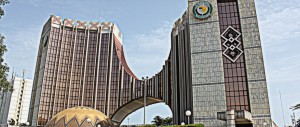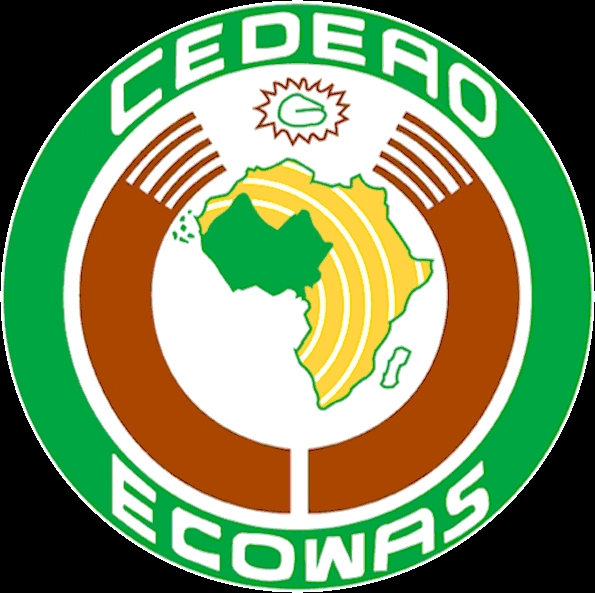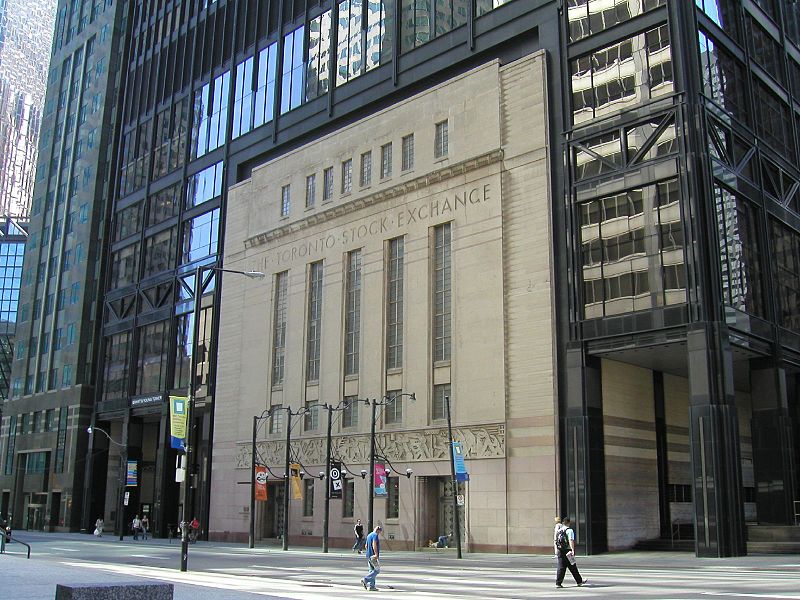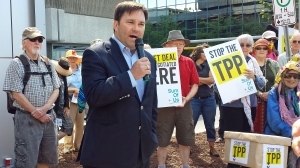As the 35th anniversary of its founding approaches, the Economic Community of West African States (ECOWAS) is undergoing a process of review and restructuring. A five-day conference is underway in Akosombo, Ghana, where the organization’s response to Mali will be discussed with a view to developing better crisis response capabilities.
“As Guinea-Bissau becomes an increasingly fragile narco-state, instability lingers in Mali, pirates harass commercial traffic in Beninese and Togolese waters, and Niger faces off against an insurgency that spreads across the region, the AU Solemn Declaration sets out a tall order for ECOWAS.”

There will be plenty for experts and regional leaders to consider in Akosombo. The southward advance of Tuareg and Islamist rebels in January 2013 was only halted by the timely intervention of French military forces. The deployment of the African-led International Support Mission to Mali (AFISMA) had been authorized as early as October, 2012, but arrived only on 31 January 2013 and drew largely on the military forces of Chad, a Central African country that does not actually hold ECOWAS membership. Though Mali is on the mend, having successfully held presidential and legislative elections last year, there are clearly some areas for improvement in ECOWAS’ peace and security portfolio.
An important aspect of the process taking place in Akosombo should be a reflection on the role Nigeria plays in the region. Nigeria was integral to the deployment of AFISMA, contributing approximately 1,000 troops to the mission. The country is also West Africa’s largest, not only in terms of population, but also in terms of economic clout. But Nigeria’s influence within ECOWAS may be disproportionate. For example, a Nigerian commanded AFISMA, a Nigerian serves as Speaker of the ECOWAS Parliament, and recent reforms to the ECOWAS Commission have placed Nigerians in some of the organization’s most important positions. Following a 2013 summit in Cote d’Ivoire, ECOWAS expanded its Commissioners from 9 to 15. Much like the European Commission, this means there is one ECOWAS Commissioner for each member state. But it is interesting to note that Nigeria holds two positions on the Commission: the Financial Controller, with considerable power over the institution’s budget, and the Commissioner for Peace and Security.
Holding such vast political and economic clout, Nigeria could easily dominate West Africa. This domination discourages initiative on the part of other West African states, which will simply rely upon Nigeria to take the lead on future interventions or other costly initiatives. As AFISMA proved, Nigeria is not an autarky and possesses finite resources. Had some of the smaller member states, such as Ghana or Benin, provided a greater number of troops to the mission, AFISMA might have deployed earlier and performed more effectively in Mali.
In May 2013, on the occasion of the African Union’s 50th anniversary, the heads of state and government of the AU’s 54 member states issued a ‘Solemn Declaration’ committing themselves to a conflict-free Africa by 2020. Rather than setting the region’s sights a little lower than this, Mrs. Hannah Serwah Tetteh, Ghana’s Minister for Foreign Affairs and Regional Integration, re-affirmed at the opening of the Akosombo conference her government’s dedication to achieving a conflict-free West Africa by the end of the decade.
As Guinea-Bissau becomes an increasingly fragile narco-state, instability lingers in Mali, pirates harass commercial traffic in Beninese and Togolese waters, and Niger faces off against an insurgency that spreads across the region, the AU Solemn Declaration sets out a tall order for ECOWAS. Ambitious aims call for ambitious measures. For its part, Ghana must be prepared to contribute more troops to the ECOWAS Brigade (ECOBRIG), the region’s nascent rapid response force. Nigeria, on the other hand, must be prepared to provide training assistance and mount joint exercises with its neighbours, helping to ensure interoperability. While there is no doubt a strong temptation to prove Nigeria can be a player on the world stage, the stability of the region will depend on the extent to which Nigeria can empower its regional partners. True leadership sometimes involves taking a step back.




